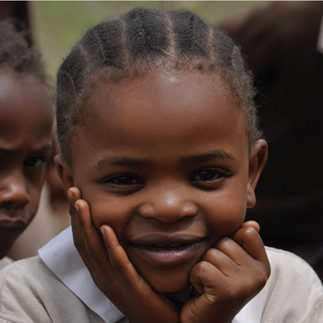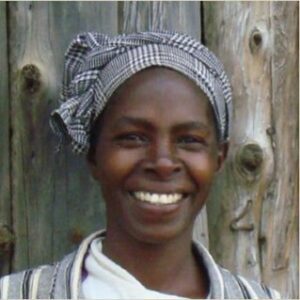“Education is the great engine of personal development. It is through education that the daughter of a peasant can become a doctor” Nelson Mandela
Imagine you are a young girl growing up in rural East Africa. You are about to set off for your first day of primary school. The sun has barely risen. You say goodbye to your mother. Then, you begin the long walk that you hope will lead to a better future for you and your family. Although you do not know it, you are already one of the lucky ones. Across Africa, more than forty-two million children do not receive any education at all. Over 70% of them are girls like you.
You are grateful for the chance your family is giving you. You work diligently at school. Yet, you know there are several hurdles you must overcome to graduate and test into secondary school. Your family lives on less than $1 a day. Your brother will soon be old enough to enter the first grade. If there is not enough money for both of you to study, tradition dictates that your brother will go to school instead of you. Even if your parents allow you to continue your studies, there is already talk of finding a husband for you. Your mother married at the age of thirteen. The same pressures may dictate a similar fate for you. Many twelve and thirteen-year-old girls in your village, whose parents forbid their attending school, are already pregnant.
Your education gives you a sense of self-worth and the courage to resist the threat of sexual intimidation. In addition to your core courses, you also attend health education classes. You learn about reproductive health and the importance of good sanitation in preventing and spreading HIV and AIDS. As a result, the infection rates among your classmates are substantially lower than in the rest of your village. You begin to pass on this information to your family, friends, and anyone else who will listen. You dream of becoming a nurse, or perhaps even a doctor for the first time.
There are other obstacles. Not long after you reach puberty, your mother runs out of money to buy sanitary napkins. As a result, you cannot go outside. You will feel humiliated and hurt. Only a few pieces of absorbent paper keep you from going to school. But, your teacher visits your family a few days later and gives you enough sanitary pads to enable you to return to classes the next day. Your success motivates your mother to look for ways to earn enough money to send your sisters to school, too. She joins a local savings group and uses the $5 loan it gives her to travel to a distant market to sell her crops for a few dollars more. Soon you are accompanied on your walk, not only by your siblings but by other children from your village who wish to follow in your footsteps. Inspired by your vision of becoming a doctor, you pass your exams with flying colors. You were the first in your family to enter primary school, now the only one in secondary school. Suddenly, a few short years ago, what seemed like an impossible dream became an unstoppable reality.
All across Uganda today, thousands of young girls are beginning their school careers full of potential and hope. With your support, the Teach Them To Fish Foundation will help some of them fulfill that potential. The need for funds is so acute that even a tiny donation can positively affect the lives of hundreds of girls and, through them, the lives of numerous families and their communities.
“Educating girls yields a higher rate of return than any other investment in the developing world.” L. Summers, Ex-Chief Economist World Bank.



Comments are closed.